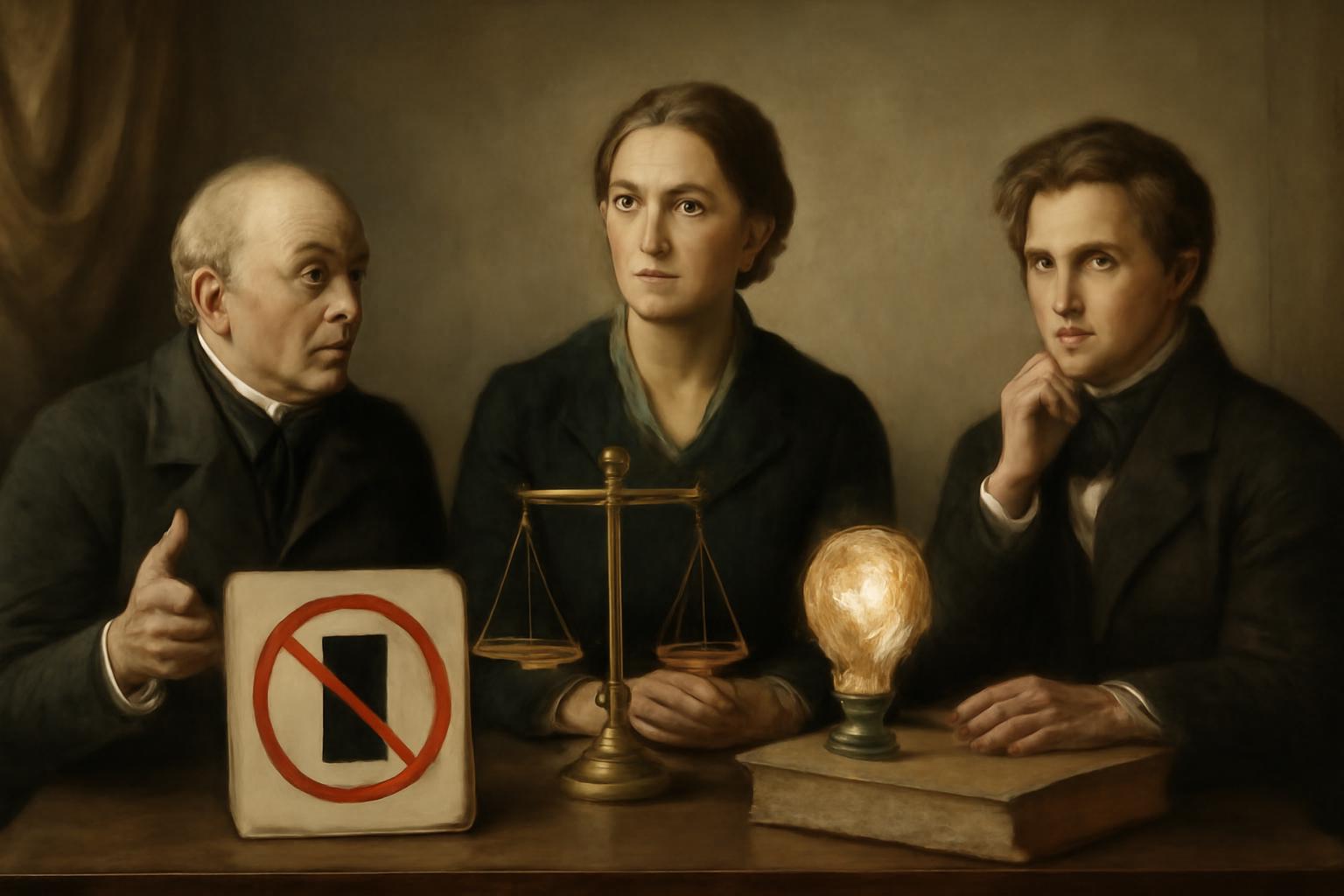In the current chorus of governance and guardians, a CDU figure named Hendrik Streeck floated the notion of strict, clearly tiered age limits for social platforms—TikTok, YouTube, Instagram—on the premise that minors inundated with non-age-appropriate material drift toward reckless behavior and even drug use. The response from the professional do-gooders, as one would expect, was brisk: the Kinderschutzbund warns that blanket rules would deprive youths of entering adulthood with any sense of agency and their right to digital participation would suffer; safer online spaces and age-appropriate platform designs, plus accessible assistance, are demanded instead. The Sozialverband Deutschland tacks on a similar critique, arguing that restrictive measures miss the point and that the digital age cannot be rolled back; the cure, they say, lies in healthy consumption role models and mandatory media education in schools, with youths actively helping shape the solution. Some supporters—Aktiv gegen Mediensucht among them—see staged age-regulation as potentially therapeutic if backed by robust legal standards and school-based media literacy, ideally a compulsory subject. The moment also aligns with proposals from Leopoldina and with Education Minister Karin Prien’s push to tighten platform rules, including forming an expert commission on child and youth protection in the digital world. Officials cite data that minors spend roughly four hours daily on online networks, plus two hours gaming and two hours streaming.
One would hardly expect this to be controversial among those who pretend to govern a modern polity, yet here we are, awash in a chorus of anxious platitudes. The insistence that the digital realm must be corralled with tiered age gates strikes me as the sentimental fantasy of people who have never traded in risk for a living, and who mistake caution for virtue. Do we really believe that a neat, bureaucratic age line will inoculate the young from the tempest of contemporary culture, or that it will somehow teach them to distinguish signal from noise, truth from trend, danger from curiosity? If the answer is yes, then I suppose the velvet ropes of the Bürgenplatz should come with a government-issued badge declaring you morally fit to browse a cat video or a tutorial on how to assemble a bicycle.
Safer spaces, age-appropriate designs, media literacy in schools, and involvement of youths in shaping solutions—all noble aims in their way, and I do not doubt the sincerity of the well-meaning reformers. Yet the real misstep is to mistake fear for foresight. The digital world will not retreat to a nostalgic age of innocence simply because a few well-intentioned statutes demand it. If you want safer online life, start with the platforms themselves: enforce transparency, raise the guardrails that truly matter, and provide competent, seductive education that teaches judgment rather than peddling paternalistic prohibition. Let us elevate the discourse—demand accountability from the gatekeepers, not the children who stroll into the future with nothing but a curious mind and a screen in their pocket.
And yes, let us insist on rigorous media education as a civic duty, not a checkbox to placate worried parents or to soothe the anxious. But do not mistake prudence for a desire to turn adolescence into a protected habitat. The four hours online, the two hours gaming, the two hours streaming—these are not signs of a doomed generation; they are the currency of a generation that learns, consumes, and constructs meaning in a world without gates. The truly responsible approach would mix discipline with opportunity: empower youths to navigate responsibly, demand platform accountability, and preserve space for exploration under the tutelage of those who can—by wealth, by influence, and by example—teach restraint without strangling curiosity. If we must choose between the gilded gate and the open road, let us choose the latter—with elegance, with rigor, and with a recognition that civilization is not sustained by fear, but by cultivated discernment.
